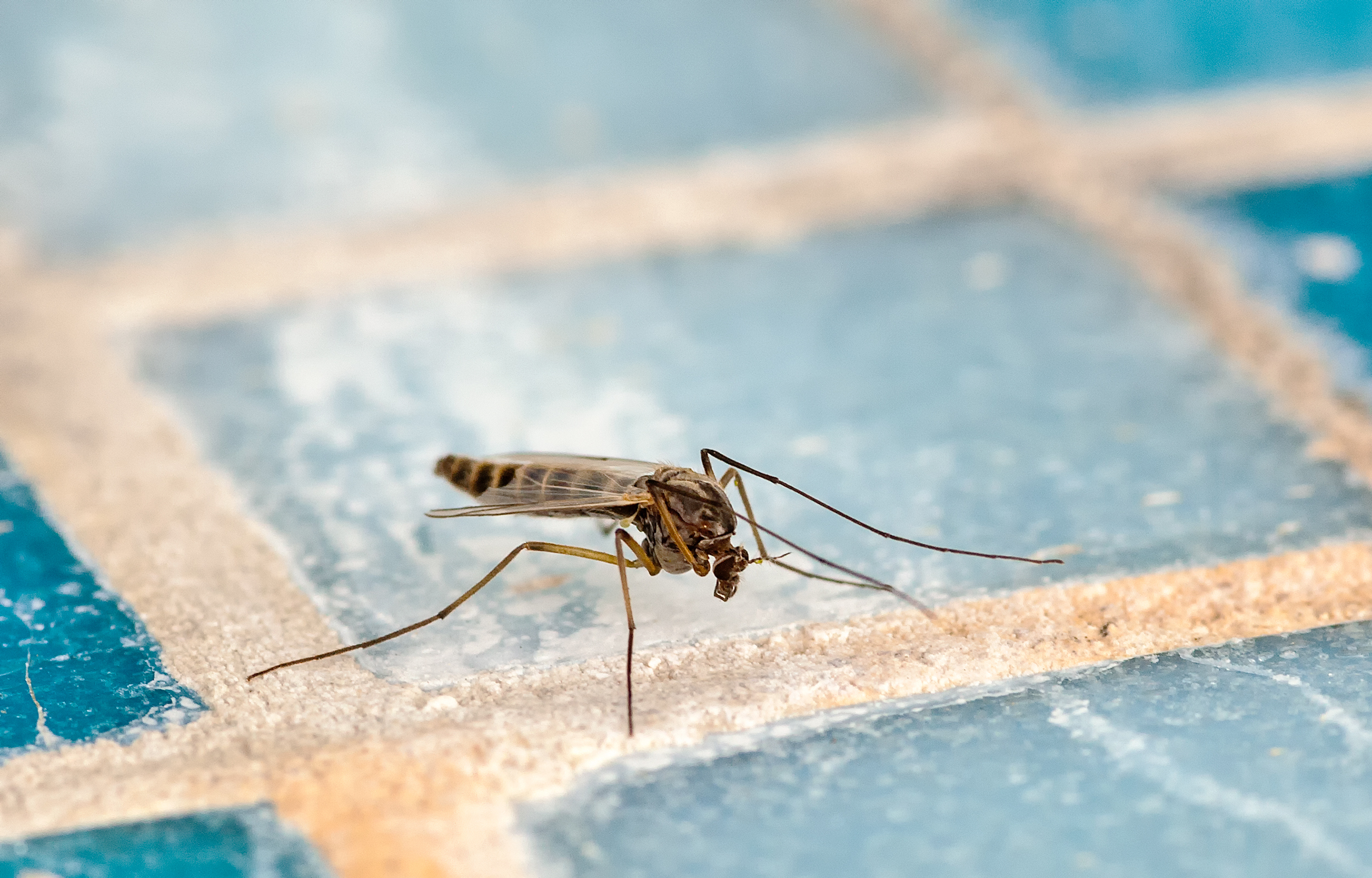Do mosquitoes actually exist in Ireland?
Part of our Green Energy Series, you’ll find all of the answers to your questions on mosquitoes in Ireland below. As Ireland’s Greenest Energy Provider, we have a range of solutions to help you save money and energy. Find our Products and Services to learn more or Get Your Quote Today!
Every summer the same debate – are there mosquitoes in Ireland of not? Newstalk.com contacted an expert to find out...
The answer is yes, we do have mosquitoes in Ireland, and we have had them since the last ice age.
We have also had malaria - in fact it killed Oliver Cromwell, but it is gone now. Dr Brian Bourke, of the Faculty of Public Health at the University of Sao Paulo says it is difficult to say how many different types of mosquito live in Ireland: "Traditional methods of taxonomy and species identification have found five genera and at least 18 species of mosquito in Ireland."
The Waterford IT graduate suggests DNA testing could reveal more species, or even mosquitoes that are unique to Ireland. Dr Bourke says the majority of mosquito species are likely to have been in Ireland since the end of the last ice age. Some of our species' may have arrived more recently, hitching a lift on vehicles moving between countries. He warns this could have consequences for public health: "Such mosquito 'invasions' are a major public health concern in some countries where the invading mosquito is known to transmit disease such as the yellow fever mosquito (Aedes aegypti)."
Mosquitoes are particularly bad in areas of standing water, and Malahide in north Dublin is one example of an area where they are becoming more common. Dublin Gazette Newspaper has previously reported that some mosquito bites in the suburb have resulted in hospitalisation. Residents say the problem is particularly bad when it has been a relatively warm year.
Are mosquitoes disease-ridden?
Mosquitoes carry both West Nile virus and malaria, which are potentially fatal. Malaria is a chronic condition that is destructive to the health of a population, and to a region's economy. It is one of the major reasons parts of Africa have failed to develop successfully.
We have never had a case of West Nile virus in Ireland, but Dr Bourke warns: "Several species found in Ireland are known in other countries to transmit diseases such as West Nile virus and malaria. “In fact, malaria outbreaks here in Ireland were common enough that they came to be known as the 'ague'.
Dr Bourke says: "Transmission in Ireland was reported as late as the 1850s when an outbreak involving almost 1,000 cases occurred in Cork. It was believed to have been caused by infected soldiers returning from the Crimean War and transmitted by local “Anopheles” mosquito populations."
"From an Irish perspective, possibly the most famous victim of malaria was Oliver Cromwell who is believed to have been infected while waging war in Ireland and who later died of complications associated with the disease."
Which mosquito is the most wanted?
The tiger mosquito (Aedes albopictus) is the species authorities are most worried about.
A carrier of Yellow fever, Dengue and Chikungunya, the tiger mosquito is not currently present in Ireland, but its spread throughout Europe because of the movement of people, and climate change, mean conditions here are now suitable for it to survive here.
Health officials are so concerned about its spread they are stepping up efforts to control and manage the mosquito population in Europe.
How to manage mosquitoes?
Adult mosquitoes can be killed with pesticides, but to control a mosquito population you must kill larvae and adults. Effective management will include making changes to the mosquitoes' habitat and managing predators (biocontrol).
Dr Bourke maintains it is best to tackle mosquitoes when they are confined to water bodies, before they can reach their adult biting stage. "In many cases, simply reducing the amount of standing water in domestic locations like buckets, plant pots, old car tires, gutters can significantly reduce local mosquito populations."
"More sophisticated biocontrol strategies are also being employed such as the development of genetically modified (GM) mosquitoes that breed with wild mosquito populations and greatly reduce their breeding success. It has been shown that the release of GM mosquitoes in targeted areas can greatly reduce local mosquito populations and could eliminate mosquito-borne disease transmission."
Ireland will have to manage its entry points for visitors too, since most new mosquito types are expected to arrive from abroad. That means designing mosquito control measures in affected areas, something that has already happened in Great Britain.
As Ireland’s Greenest Energy Provider, we have a range of solutions to help you save money and energy. We want to do what is best for the environment by provide green energy and environmentally friendly information. Contact our domestic department today if you have any more questions.
